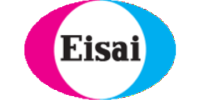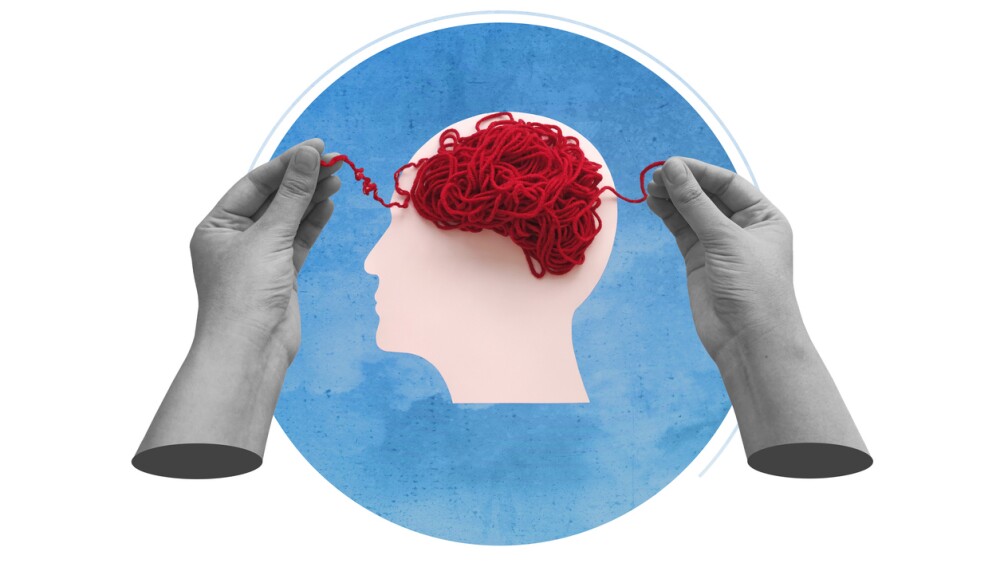
Eisai Inc.
NEWS
Three years after the accelerated approval of its anti-amyloid Alzheimer’s therapy, Biogen—neck and neck in the market with Eli Lilly and its Kisunla offering—is focused on a near-term FDA decision for a subcutaneous induction dose of Leqembi, a presymptomatic readout in 2028 and a clutch of next-generation candidates.
Pfizer deals again in obesity space as Wave and Structure drop splashy weight loss results; what CDER Director Richard Pazdur’s sudden retirement means for biopharma; neuro diseases take center stage at CTAD; and more.
Days after Johnson & Johnson’s posdinemab failed to slow clinical decline in patients with Alzheimer’s disease, Eisai Chief Clinical Officer Lynn Kramer expressed unwavering conviction in his company’s own anti-tau asset, while others suggest the Alzheimer’s field is heading in a completely different direction.
After covering the Alzheimer’s space through every high and low, BioSpace’s Annalee Armstrong welcomes back Roche for the 2026 Alzheimer’s Renaissance.
While the approval of Leqembi Iqlik bodes well for Biogen and Eisai’s planned application for a subcutaneous induction regimen next year, its financial impact remains “uncertain,” as potentially higher revenues from the injection could be offset by steeper costs of production, according to Jefferies.
Arguably the FDA’s most anticipated decision this month is for a subcutaneous induction formulation of Biogen and Eisai’s Alzheimer’s drug Leqembi, which, according to Eisai, could “help reduce the burden on healthcare professionals and patients.”
Long-term data presented at the Alzheimer’s Association International Conference show Leqembi can help patients stay in the earlier stages of Alzheimer’s disease as compared to the condition’s natural progression.
These five upcoming data drops could usher in more effective and convenient therapies for Alzheimer’s disease and open up novel pathways of action to treat the memory-robbing illness.
China continues to be a source of innovation as Pfizer strikes biggest pact yet; HHS provides more info on Trump’s Most Favored Nation executive order; FDA Commissioner Marty Makary and CBER director Vinay Prasad reveal new COVID-19 vaccine strategy following Novavax approval; ODAC underway after chaotic planning; more.
JOBS
IN THE PRESS









